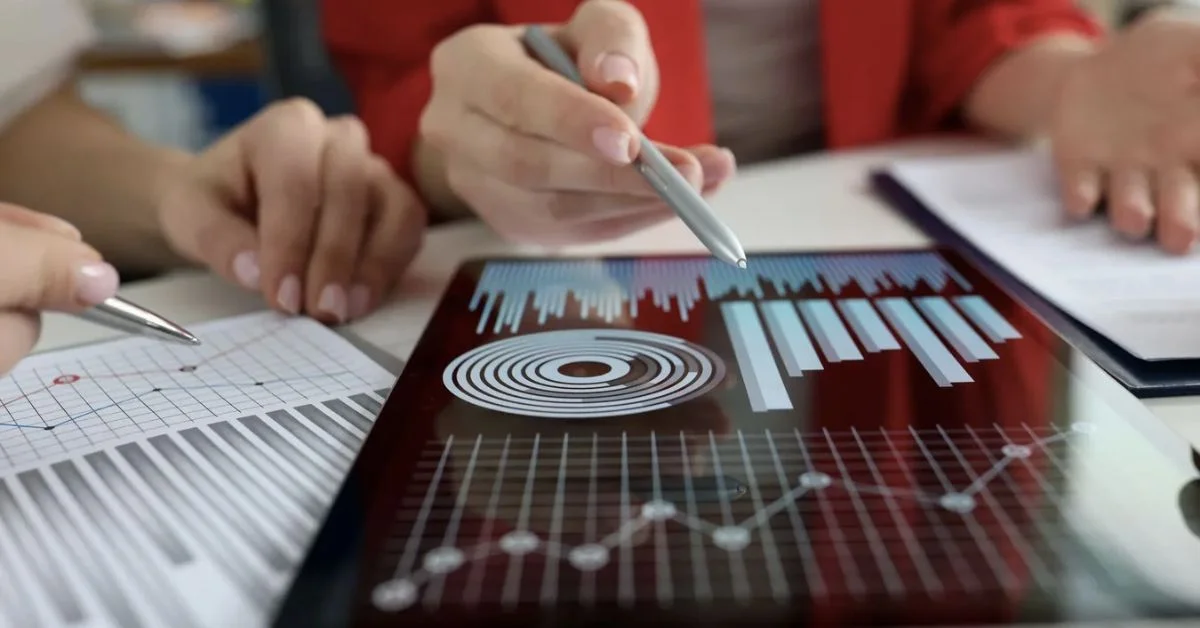In the fast-paced world of personal finance, staying on top of payments and bills is a crucial aspect of maintaining financial health. From monthly utilities to loan repayments, effective tracking ensures timely payments, avoids late fees and contributes to overall financial well-being. In this guide, we’ll explore the best ways to keep track of payments and bills, providing practical tips and tools to streamline your financial organization.
1. Create a Comprehensive Budget:
Overview:
- Key Benefits: A budget serves as the foundation for effective financial management, allowing you to allocate funds for various expenses, including bills and payments.
- Practical Tips:
- List all sources of income.
- Categorize expenses, including fixed bills (e.g., rent, mortgage, utilities) and variable expenses (e.g., groceries, entertainment).
- Assign specific amounts to each category based on your financial priorities.

2. Use a Calendar or Budgeting App:
Overview:
- Key Benefits: Calendars and budgeting apps provide visual reminders of upcoming payments, helping you stay organized and avoid missing due dates.
- Practical Tips:
- Mark bill due dates on a physical calendar or use a digital one on your computer or smartphone.
- Explore budgeting apps that send notifications for upcoming bills and allow you to track expenses in real-time.
3. Set Up Automatic Payments:
Overview:
- Key Benefits: Automating payments ensures that bills are paid on time without the need for manual intervention, reducing the risk of late fees.
- Practical Tips:
- Set up automatic payments through your bank or the billing company’s website.
- Regularly review your bank statements to confirm the accuracy of automatic withdrawals.
4. Establish a Dedicated Bills Payment Account:
Overview:
- Key Benefits: Creating a separate account for bill payments helps maintain financial discipline and ensures that funds are allocated exclusively for this purpose.
- Practical Tips:
- Open a dedicated checking account for bills.
- Transfer the necessary funds for bills into this account each month.
5. Utilize Bill Payment Services:
Overview:
- Key Benefits: Online bill payment services offer a centralized platform to manage and pay bills, reducing the need to juggle multiple payment platforms.
- Practical Tips:
- Explore services provided by your bank or third-party platforms like Bill.com or Prism.
- Consolidate bills on these platforms to streamline the payment process.
6. Regularly Review Statements and Invoices:
Overview:
- Key Benefits: Regularly reviewing statements and invoices allows you to catch any discrepancies, avoid overcharges, and stay informed about your financial obligations.
- Practical Tips:
- Set aside time each week or month to review bills, statements, and invoices.
- Verify the accuracy of charges and contact service providers if you notice any discrepancies.
7. Maintain an Emergency Fund:
Overview:
- Key Benefits: An emergency fund provides a financial safety net, reducing stress and preventing missed payments during unexpected financial challenges.
- Practical Tips:
- Aim to save three to six months’ worth of living expenses in your emergency fund.
- Use the fund only for genuine emergencies, such as medical expenses or unexpected car repairs.
8. Employ a Bill Payment Checklist:
Overview:
- Key Benefits: A checklist ensures that you don’t overlook any payments and helps you track which bills have been paid and which are pending.
- Practical Tips:
- Create a checklist that includes all recurring bills and their due dates.
- Update the checklist regularly to reflect paid bills and upcoming due dates.
9. Opt for E-Bills and Paperless Statements:
Overview:
- Key Benefits: E-bills and paperless statements reduce clutter, save time, and provide easy access to your financial documents.
- Practical Tips:
- Enroll in e-billing options offered by service providers.
- Create folders in your email or cloud storage for digital copies of statements.
10. Regularly Assess and Adjust Your Budget:
Overview:
- Key Benefits: Regularly assessing your budget allows you to adapt to changes in income, expenses, or financial goals.
- Practical Tips:
- Review your budget monthly or quarterly.
- Adjust spending categories as needed based on changes in income or unexpected expenses.

Conclusion:
Keeping track of payments and bills is a fundamental aspect of financial responsibility. By incorporating these practical tips and utilizing available tools, you can establish an organized and efficient system for managing your financial obligations. Whether through the use of technology, automation, or careful budgeting, the key is to find a method that aligns with your lifestyle and preferences.
Remember, maintaining financial discipline not only ensures timely payments but also contributes to a sense of financial control and well-being. Stay proactive, stay organized, and navigate the world of payments and bills with confidence.
